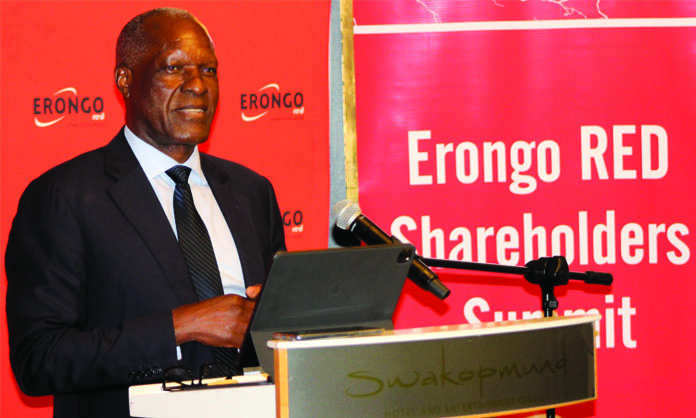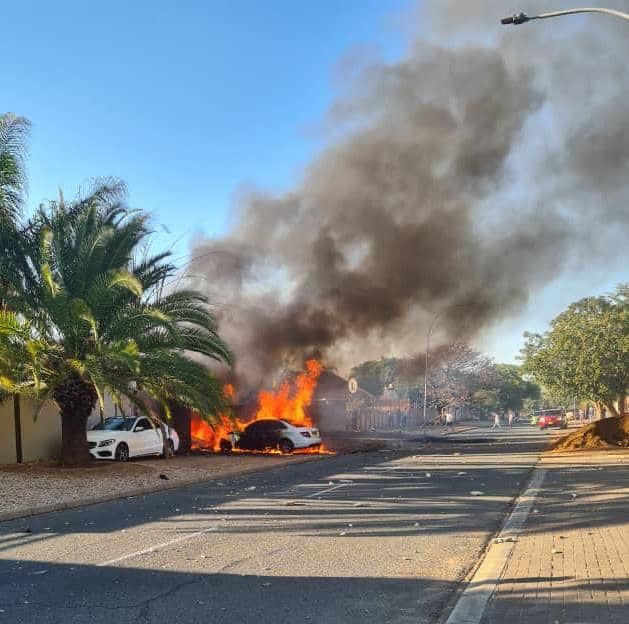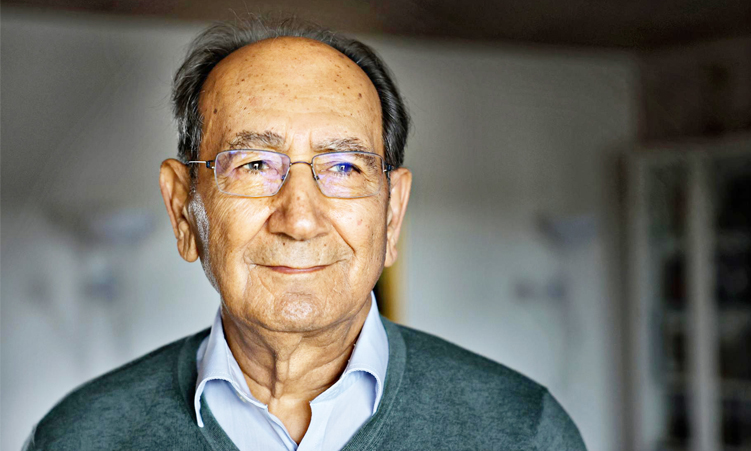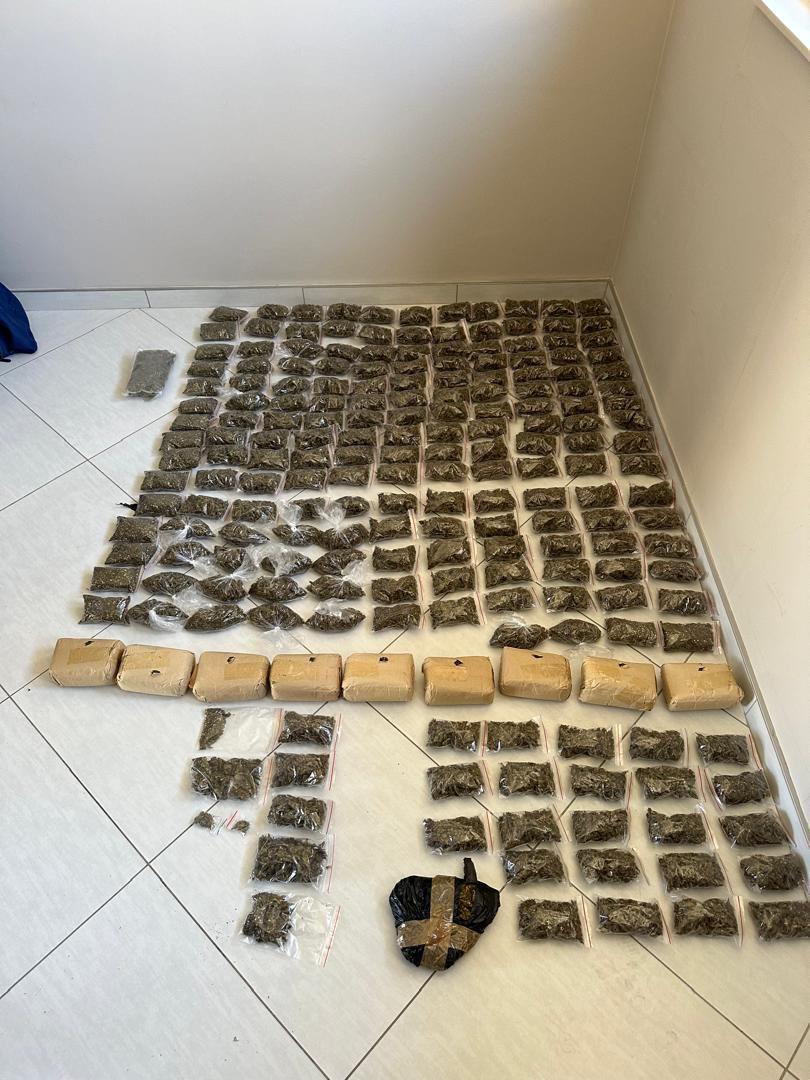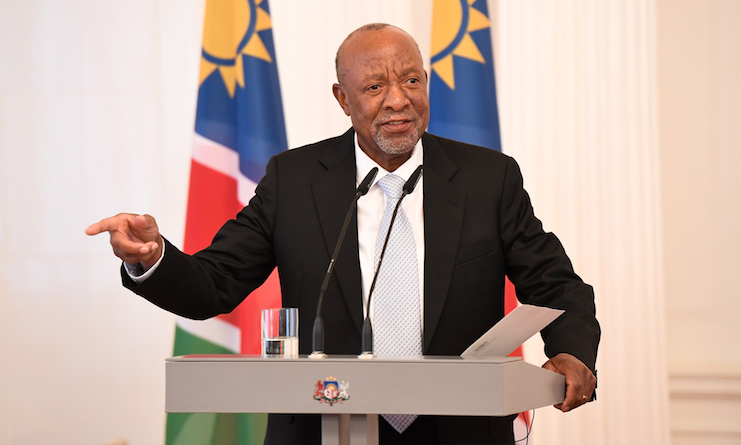Minister of mines and energy Tom Alweendo says the “right people” should be at the forefront of Namibia’s budding oil and gas industry.
“All too often we encounter individuals masquerading as business people. It is not okay if you intend to use your proximity to power to secure a position that, 10 years down the line, leaves us with international companies of little value because their ‘local shareholders’ are not genuine business people …
“We want serious individuals who enter the business sector with the intent to learn, and we want to be in control of what happens,” Alweendo said at the annual shareholders’ summit of the Erongo Regional Electricity Distributor (Erongored) at Swakopmund on Friday.
He said Namibian businesses should be at the forefront of providing the oil and gas industry with the necessary services.
“This is not just about immediate revenue, but about fostering long-term economic growth and local development,” he said, adding international companies should form joint ventures with locals due to a skills shortage.
“It’s crucial that we agree on making this work for all of us, not just a few well-connected individuals . . ,” Alweendo said.
He said some detractors are accusing the government of resource nationalism.
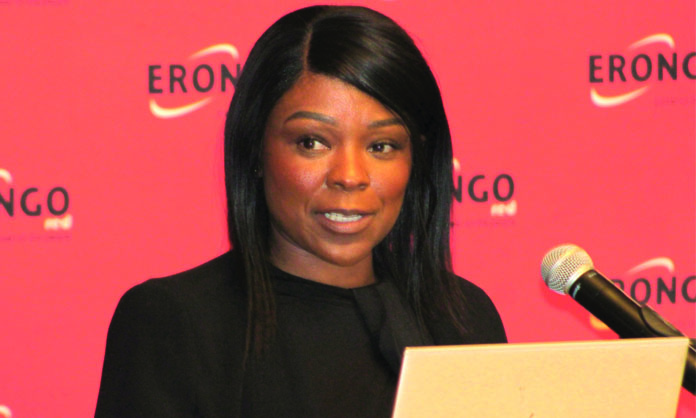
“But when we assert our right to develop our economy, they criticise us.
Even our own people sometimes align with external forces opposing our economic agenda, which is unacceptable,” he said.
He said not only politicians influence outcomes, but also non-political leaders.
“It’s essential that we are honest with ourselves and hold each other accountable for when things are not working.
This is the only way to progress,” Alweendo said.
The minister discussed Namibia’s green hydrogen plans, saying several countries have expressed interest in signing agreements with Namibia to secure commodities like ammonia, which is crucial for the country’s own economy as well.
Alweendo accused some developed nations of pressuring Namibia not to utilise these resources due to environmental concerns, even though their own contributions to pollution are significantly higher – calling it “hypocrisy”.
“Yet there are still skeptics who doubt the viability of such projects, claiming they won’t work. No initiative works perfectly; even if something is 70% to 80% effective, it’s worth pursuing. We must all contribute to this effort,” he said.
Speaking at the same event, Erongored chairperson Zoe Nambahu said she wished the electricity distributor had unlimited resources to ensure that everyone in the region has secure and affordable electricity.
She said the Erongo region has over 10 000 homes in peri-urban and rural areas needing electrification, which would require an investment of nearly N$500 million.
“While the company has made efforts to electrify certain areas in the region, there is still a lot to be done. Given our limited resources, it has become increasingly challenging to address the electrification requirements and balance the sometimes competing shareholder expectations in addressing electrification requirements at various towns and settlements,” Nambahu said.
She said these issues could be mitigated by combining limited resources.
Erongo governor Neville Andre said he believes Erongored is the best option in Namibia when it comes to continual infrastructure development to bring affordable and reliable electricity to all the people in the region, including those in low and ultra-low-income communities.
He, however, indicated that smaller communities felt they were being treated unfairly by the electricity distributor.
“They want to develop, but are told there’s no support available.
Then they point out there is capacity to help the informal settlements on the outskirts of the bigger municipalities such as Walvis Bay and Swakopmund,” he said.
Andre urged local authorities for “fair treatment”.
Stay informed with The Namibian – your source for credible journalism. Get in-depth reporting and opinions for
only N$85 a month. Invest in journalism, invest in democracy –
Subscribe Now!


